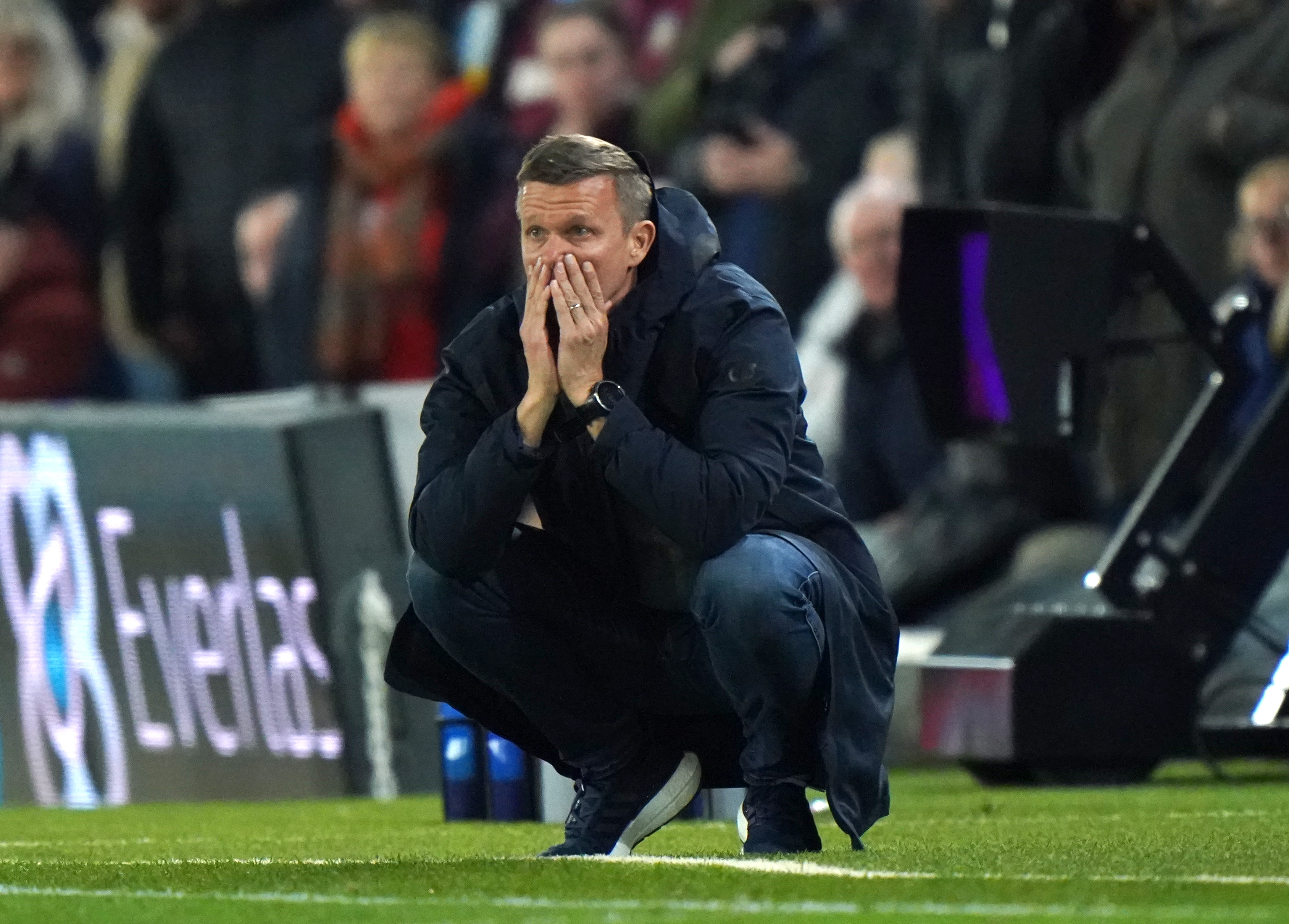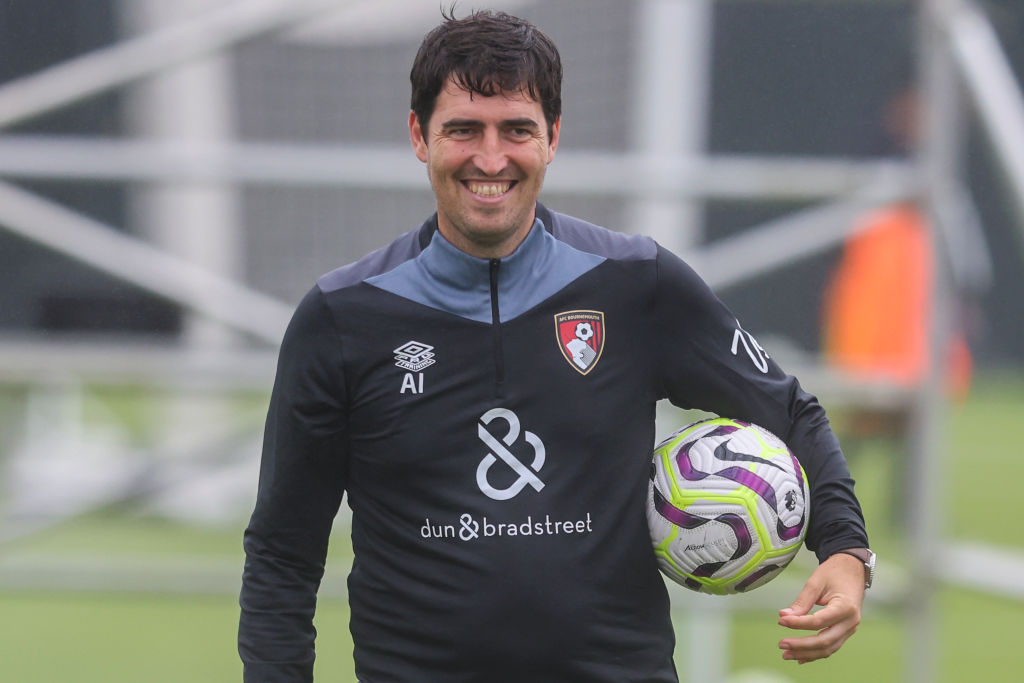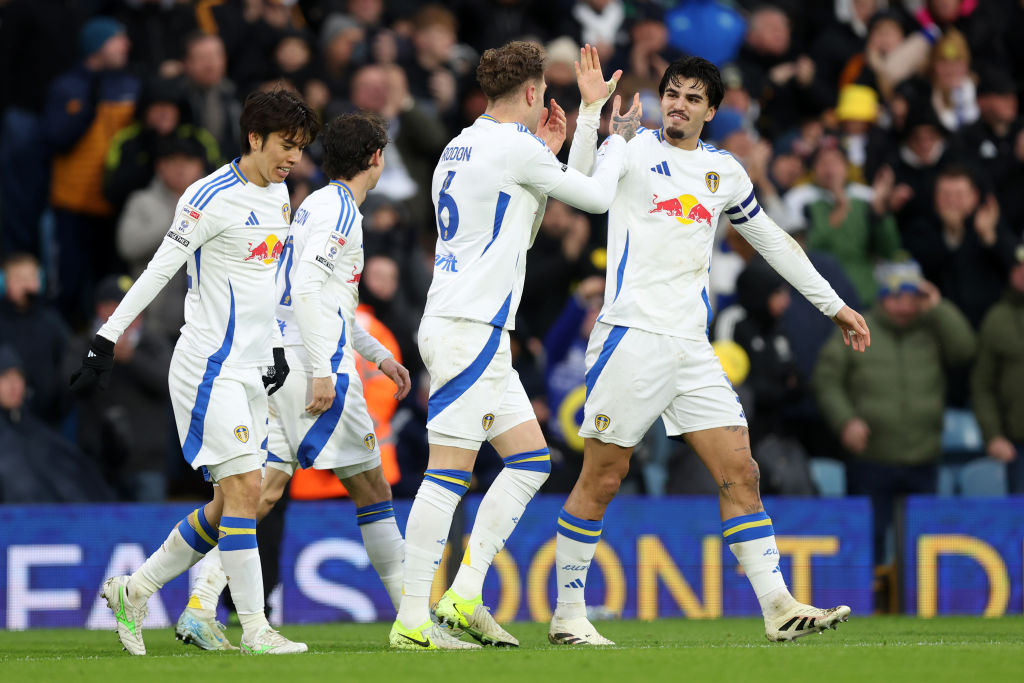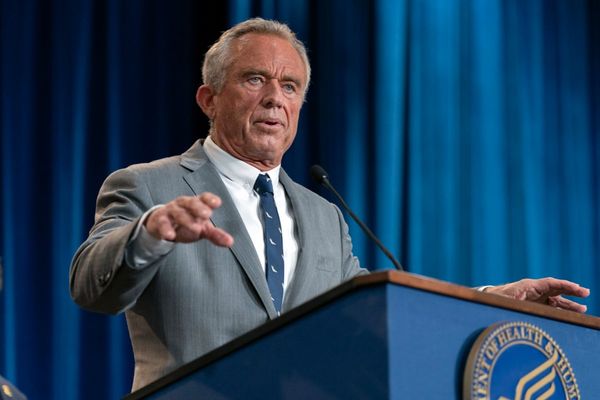
Leeds United are aiming to make a return to the Premier League this season, two campaigns after they were relegeated to the Championship following Jesse Marsch's dismissal in February 2023.
While Javi Gracia replaced Marsch, which ultimately ended in disaster as the Spaniard soon lost his job to Sam Allardyce for the remaining four games of the season, Leeds actually approached a different Spaniard over the vacancy.
Having impressed with Rayo Vallecano in La Liga, Andoni Iraola caught the attention of Leeds as they sought to find the fix to their season. Rayo Vallecano blocked any discussion from taking place, however.
Leeds United blocked from speaking to Andoni Iraola

“It was an option that appeared,” Iraola explains. “I talked openly with Rayo Vallecano and we decided it wasn’t a good idea to leave the club mid-season – even if we were doing well. It wasn’t the right timing.”
Instead, Iraola left the Campo de Futbol de Vallecas at the end of the 2022/23 season anyway, joining Bournemouth in the Premier League after turning down a renewal offer with the La Liga side.

With that potential Leeds move blocked, the Basque boss had to forego the opportunity to follow in the footsteps of Marcelo Bielsa, who managed him as a player at Athletic Bilbao between 2011 and 2013.
Iraola’s eyes opened in 2011 when he crossed paths with Bielsa – even if El Loco had initial doubts about the right-back.
“He told me straight away what he thought of me,” Iraola reveals. “I remember I’d started for Spain against Italy. I’d only played the first 45 minutes, I didn’t have a good game and Marcelo was mad at me. Even though it wasn’t for Athletic, he wanted me to do better and demanded a better performance.”
Bielsa benched Iraola for La Liga’s two opening fixtures, coach telling defender he didn’t have the physicality to play his brand of high-octane football. By mid-September, tireless work changed El Loco’s mind. Iraola started 52 of Athletic’s 57 remaining matches in 2011/12 and captained the side in the Copa del Rey and Europa League finals.
“You need to get used to high demands when you play for Marcelo,” Iraola adds. “I had to wait for my first start and I had to win his confidence.”
Those demands would eventually influence his own philosophy.
“I just liked the honesty of Marcelo’s football,” Iraola says. “He accepted losing to a better team, but he wanted the football to be fair. He wasn’t scared of exposing his players, or his players covering big spaces, and he put bravery into his players because it’s not easy to play that way against strong opposition. I tried to keep some of that, along with the exercises and tactical approaches.”







